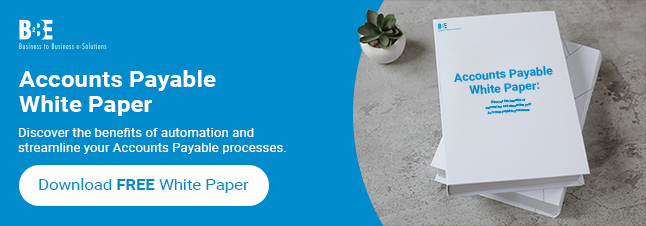In this post, we will explore common problems encountered in the three way matching process, as well as provide solutions to address them effectively.
What Is The Three-Way Matching Process?
De three way matching process is a critical internal control mechanism in accounts payable that ensures that payments are made only for goods and services that have been properly ordered and received. This process involves matching the purchase order (PO), the goods receipt, and the supplier’s invoice. While three way matching helps prevent fraud and errors, it can also present several challenges.
Understanding The Three Way Matching Process
Three way matching is designed to ensure that:
- Purchase Orders (POs): Confirm the items ordered and their agreed-upon prices and terms.
- Goederen Ontvangsten: Verify that the items ordered were received in the correct quantity and condition.
- Facturen: Ensure that the invoice from the supplier matches the PO and the goods receipt in terms of quantity and price.
This process helps organisations verify that they are paying for what they ordered and received, thus safeguarding against overpayments, duplicate payments, and fraud.
Learn more about B2BE’s Three Way Matching solution.
Common Problems In The Three Way Matching Process
1. Discrepancies in Data
One of the most common problems in three way matching is discrepancies between the purchase order, goods receipt, and vendor invoice. These discrepancies can arise due to differences in quantities, prices, or descriptions of goods and services.
To reduce these discrepancies, automated matching software use advanced algorithms to detect inconsistencies and flag them for review. Additionally, standardising data entry practices across departments can help minimise errors.
2. Delays in Document Availability
Delays in receiving the necessary documents for three way matching can slow down the entire accounts payable process. If the purchase order, goods receipt, or invoice is not promptly available, it creates a bottleneck.
Therefore, encouraging timely documentation and using electronic document management systems can help ensure that all necessary documents are available when needed. Setting up automated reminders and workflows can also expedite the submission of documents.
Bekijk onze video hieronder:
3. Manual Processing Errors
Manual data entry and matching are prone to human error, leading to mistakes that can affect the accuracy of the three way matching process.
Automating the three way matching process reduces the likelihood of human error. Implementing reliable AP automation software that integrates with your ERP system can streamline data entry and matching.
4. Handling Exceptions
Exceptions occur when the data on the three documents does not match, requiring manual intervention to resolve. These exceptions can be time-consuming and may lead to payment delays.
Establishing clear exception handling procedures, using automated exception management tools, training staff effectively, and using machine learning predictions can help resolve discrepancies quickly.
5. Lack of Visibility and Control
Limited visibility into the three way matching process can make it difficult to identify and address issues promptly. This lack of control can lead to inefficiencies and increased risk of errors.
A comprehensive accounts payable solution with real-time reporting and analytics can provide better visibility and control. Dashboards and customisable reports can help track the status of invoices, identify bottlenecks, as well as monitor key performance indicators (KPIs).
6. Vendor Disputes
Discrepancies between the documents can lead to disputes with vendors, potentially damaging business relationships and delaying payments.
Regularly reviewing and updating vendor contracts to include specific terms for invoicing and delivery can reduce misunderstandings. Additionally, maintaining a collaborative approach to resolving disputes can help preserve positive vendor relationships.
Why Three Way Matching Is Important
In conclusion, the three way matching process is essential for ensuring the accuracy and legitimacy of payments in accounts payable. However, challenges such as data entry errors, missing documents, discrepancies, delayed approvals, complex supplier agreements, and lack of system integration can hinder its effectiveness.
About B2BE
B2BE delivers electronic supply chain solutions globally, helping organisations to better manage their supply chain processes, providing greater levels of visibility, auditability and control. We’re driven by a passion for what we do, inspired by innovation, and underpinned by a wealth of knowledge. With over 20+ years of experience, the B2BE teams operate worldwide.
Ga voor meer informatie naar www.b2be.com.

